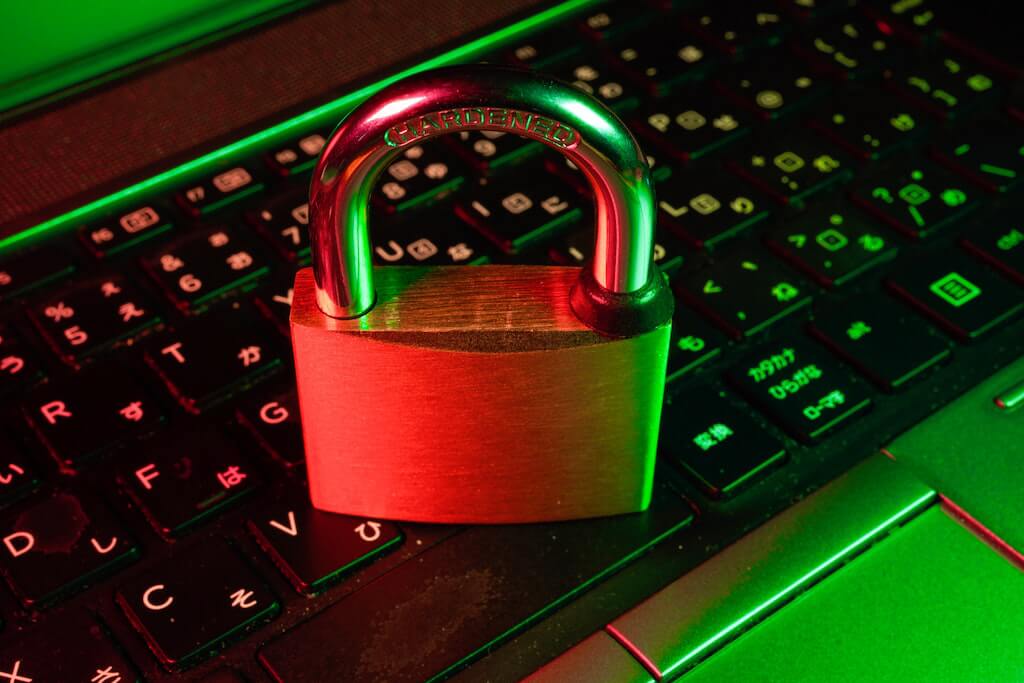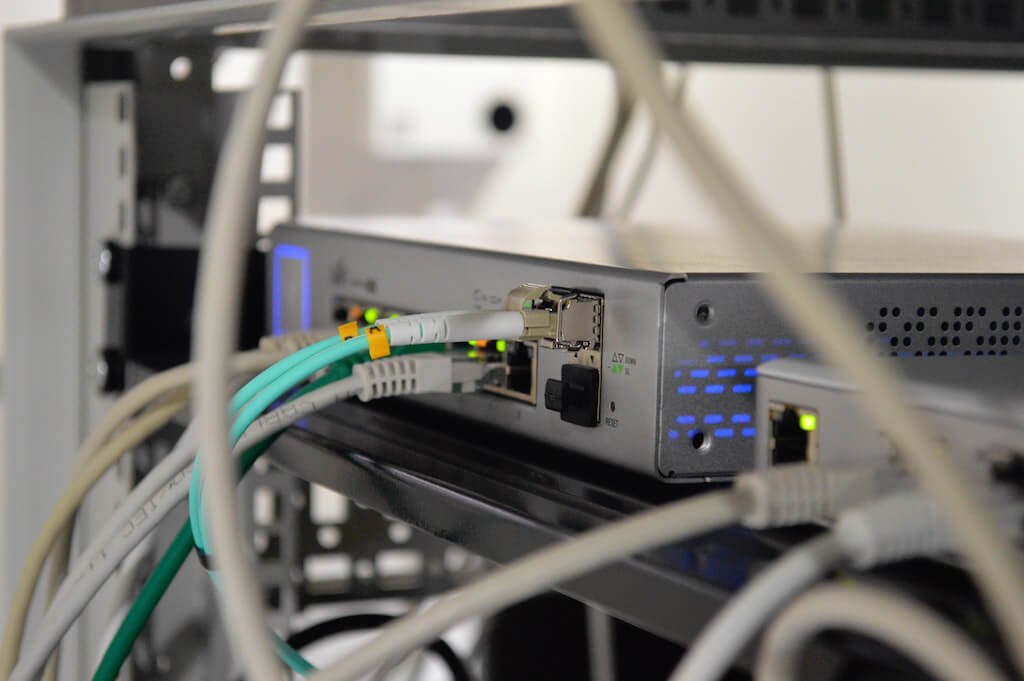Securing your internet connection is more important than ever in the digital age. With so much personal information stored and shared online, it can be easy for hackers and cybercriminals to access it without your knowledge.
The question remains: how can I secure my internet connection? Fortunately, there are several steps you can take to protect yourself and your data when accessing the internet. In this article, we'll cover the different ways you can secure your internet connection.
Internet security is essential in today's cybercrime-ridden world. It's important to protect yourself, your data, and your computer from malware, hackers, and other online threats.
A secure internet connection is essential for maintaining the privacy and security of your information. Without a secure connection, hackers or malicious individuals can intercept any unencrypted data, such as passwords or account details, with little effort. Furthermore, an unsecured Wi-Fi network offers the potential to allow other people on the same network to access any shared files, even if they don't have permission. These two reasons alone are enough to prove that securing your internet connection should be a top priority.
In addition to protecting your personal information, a secure internet connection also helps prevent malware or viruses from entering your system. Malware can typically enter through unsecured connections and cause serious damage to computer hardware and software, depending on the type. Adopting preventative measures such as firewalls and antivirus programs can help significantly reduce this risk, but there are no guarantees if you don't also have a secure internet connection!
Here are some simple steps you can take to secure your internet connection:
1. Use strong passwords for all internet-related accounts. Passwords should include uppercase and lowercase letters, numbers, and symbols if possible. You should also avoid phrases or words that could be easily guessed, such as "password" or "qwerty." Change these passwords regularly to ensure security.
It's also important to regularly update passwords for different sites or services that require authentication. Using unique passwords for each site or service can help reduce the risk of unauthorized access, even if a malicious actor manages to gain access to one of them through brute force or other means.
2. Update all operating systems regularly, software, and apps to ensure they are equipped with the latest updates and security patches. This can help reduce the risk of malicious attacks occurring when using particular apps or websites online.
3. Consider using antivirus software which can help you detect any potential threats before they cause damage to your system; it will also protect you from viruses that might spread through email attachments or online downloads of music and movies, etc.
4. Use two-factor authentication (2FA) for all your accounts. This method adds an extra layer of protection by requiring another form of verification when logging in, typically a code sent via SMS, email, or an app like Google Authenticator or Authy.
5. Enable firewalls on networks where you connect devices such as computers and phones; this will limit access to external connections unless you authorize it first, to ensure a browsing experience safe every time you go online.
6. Use a virtual private network (VPN). A VPN encrypts all traffic sent to it, making it nearly impossible for hackers or other malicious actors to see what you're doing online. When using public Wi-Fi networks, an encrypted connection can help protect your information.
7. Use secure protocols and encryption software. Most web browsers incorporate protocols such as SSL/TLS that automatically provide an encrypted connection when navigation on some websites, but there are additional encryption software programs that can be downloaded for use on other applications and websites. Additionally, consider installing hardware firewalls and antivirus software to enhance security measures when online.
8. Monitor your network usage regularly. It's important to periodically check who has access to your network and what type of activity is taking place there to ensure everything is secure and to detect any potential malicious activity. Additionally, regularly updating passwords also helps reduce the risk of unauthorized access or data breaches occurring without warning.
Public Wi-Fi: How to connect and browse safely with an outdoor Wi-Fi connection:
Public Wi-Fi networks are easy to access, but they can also pose a security risk if users don't take the necessary precautions. When connecting to a public Wi-Fi network, it's important to remember that your data is exposed and anyone on the same network can access it.
First and foremost, always use encrypted connections to access any type of sensitive information. Encrypted connections strengthen your online privacy by making it harder for hackers or anyone else on the network to intercept and view your data. The most secure connection is Hypertext Transfer Protocol Secure (HTTPS), which communicates over port 443 rather than port 80 used with Hypertext Transfer Protocol (HTTP). Additionally, using a virtual private network (VPN) creates an encrypted tunnel between your computer and the internet, adding an extra layer of security and protection against snoopers.
Secondly, never send sensitive information over public Wi-Fi, such as passwords or bank account information. Be careful when accessing websites that require authentication. Many popular websites offer two-factor authentication (2FA) for added protection. Two-factor authentication is an additional step in verifying the user's identity when logging in; it often involves sending a one-time code to your phone or email address for confirmation before logging in. This helps ensure that only you can access your account, even if someone else has managed to steal your password.
These tips are key steps to securing your internet connection when connecting to public Wi-Fi networks. This will help protect you from cybercriminals looking to exploit vulnerable users who are unaware of basic online security practices.
Overall, securing your internet connection doesn't have to be a daunting task and should be done regularly. By taking the right steps, you can ensure the security of your data. By understanding the different techniques available, you can ensure your data remains safe when using a public network or vulnerable Wi-Fi connection. Remember, while online security is a necessity in today's digital world, it doesn't have to mean sacrificing convenience or slowing down your internet connection. Secure your internet connection today and stay safe online!
By taking these simple steps, you will have a much safer internet connection free from potential threats!
Discover other articles on our blog on new technologies
credit photo @unsplash


